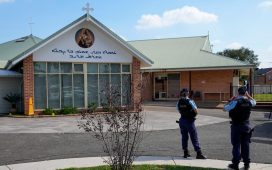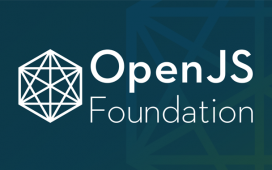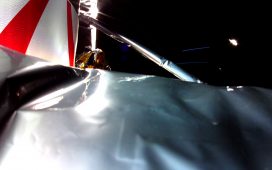Australian universities will be required to work with security agencies to combat foreign interference and survey their students about freedom of speech on campus.
In a speech to the National Press Club on Wednesday the education minister, Dan Tehan, will reveal the creation of a new university foreign interference taskforce, the outcome of a push to protect sensitive research from foreign governments.
The taskforce will consist of four working groups: to prevent and respond to cyber security incidents; to protect intellectual property and research; to ensure collaboration with foreign entities is transparent and does not harm Australian interests; and to foster “a positive security culture”.
In excerpts of the speech, seen by Guardian Australia, Tehan says half the taskforce representatives will be drawn from universities and half from government agencies, which will provide “frank advice from our government” to the sector.
He says the taskforce is needed, in part, to “protect against deception, undue influence, unauthorised disclosure or disruption to our research, intellectual property and research community”.
The taskforce will complement work in the defence sector to “prevent the transfer of defence and dual-use technology to those who may use it contrary to Australia’s interests”.
Last week Tehan rejected the suggestion that security agencies would get an effective veto on collaboration with foreign entities, as concerns grow about foreign influence on campuses, particularly from China.
The attorney general’s department is currently inquiring into whether China-backed Confucius Institutes at Australian universities require registration as agents of foreign influence.
The University of Technology Sydney has announced it will review its $10m partnership with CETC, a Chinese state-owned military tech company that developed an app that Chinese security forces use to track and detain Muslim Uighur citizens in Xinjiang.
Tehan’s draft also addresses free speech at universities – an issue that had subsided after the former high court chief justice Robert French found claims of a crisis on Australian campuses were not substantiated but has been reinvigorated by concerns China is stifling pro-Hong Kong democracy rallies in Australia.
Tehan’s speech says the government will work with universities to include questions about freedom of expression in regular surveys that gather student feedback.
“I will work with the sector on what questions to ask to measure diversity of opinion on campus and whether students feel empowered to voice non-conformist opinions,” it says. “I believe universities want to know if students and staff are afraid to discuss certain topics.
“It is only through diversity of thinking, perspective and intellectual style that we get innovation and problem solving.”
Foreign university students are worth $35bn a year in export income to the Australian economy: Chinese students account for about one-third of that figure.
There is increasing concern from some in the sector that dependence on Chinese students is restricting academic freedom, and of possible national security vulnerabilities arising from collaborations in sensitive areas of research such as artificial intelligence.
Alex Joske from the Australian Strategic Policy Institute this week highlighted the case of Koala AI, a Chinese artificial intelligence start-up which has allegedly provided surveillance equipment used to monitor minority Uighurs in Xinjiang state.
The company was formed by a University of Queensland professor, reportedly while still working at UQ and receiving government grants. Professor Heng Tao Shen was then recruited by China’s Thousand Talents program.
The University of Sydney vice-chancellor, Dr Michael Spence, last week sought to downplay concerns over research collaborations with China, arguing the debate had been overrun by “anti-China hysteria”.
“You don’t stop making kitchen knives just because they can be used to murder someone.”
Spence said most of the university’s collaborations with China were on “shared problems of humanity” such as medical technologies and agricultural developments.
“In areas of specific dual-use application, that may be problematic … then we need to have conversations with the intelligence services. And we are, and we do,” he told ABC radio.
Tehan will also announce the Stawell underground physics laboratory will receive $35m from the federal government to investigate dark matter, and release the strategy for improved regional and remote access to university drawn up by the former Victorian premier Denis Napthine.
Tehan says the Morrison government accepts that “more work has to be done to bridge the divide between regional and metropolitan Australians going to university” but describes delivery of the strategy as a “10-year proposition”.






